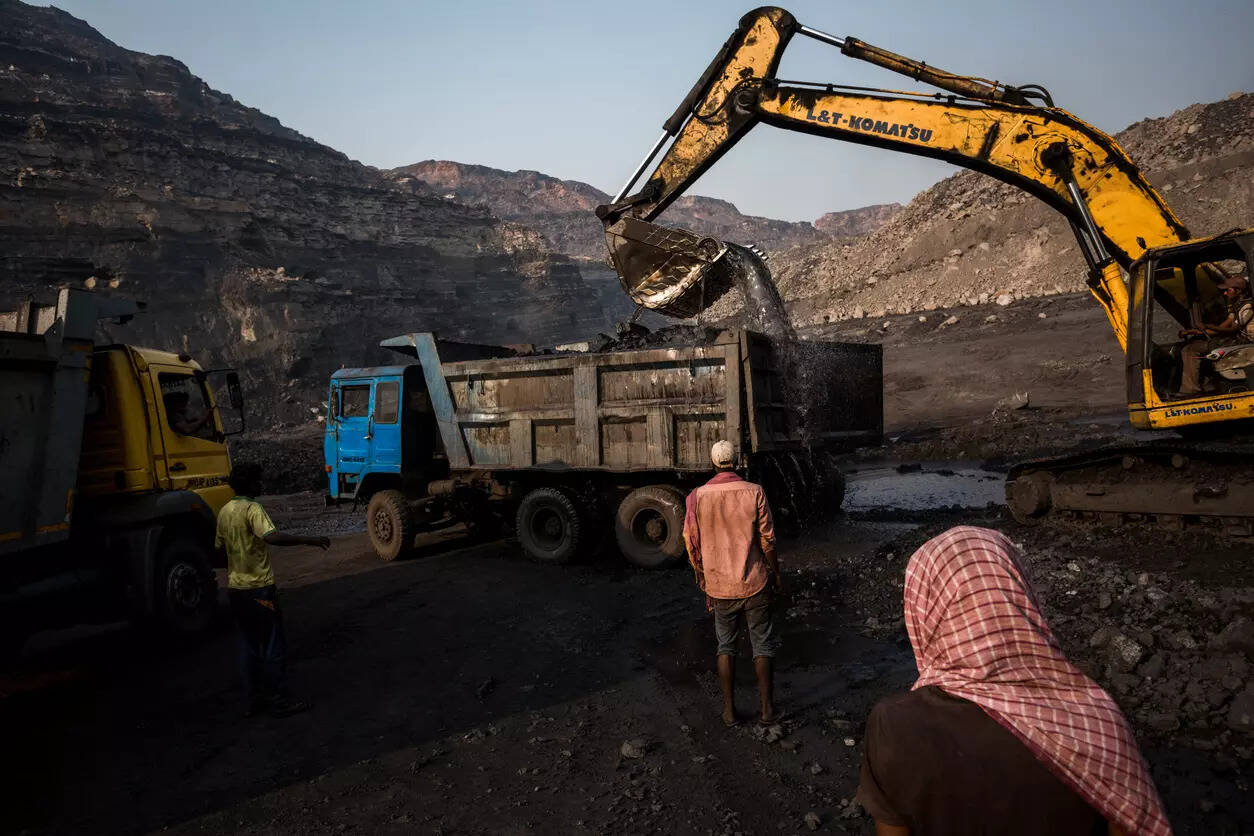
India is building an integrated ecosystem for critical minerals to reduce import dependence and support the energy transition, Union Coal and Mines Minister G Kishan Reddy said on Wednesday.
Speaking at the ET Energy Leadership Summit 2025, Reddy said demand for critical minerals such as lithium, nickel and cobalt is projected to multiply several times by 2040, making domestic capacity building a strategic necessity.
“Today, the world is in a race for critical minerals. These are the minerals of the future, and they will shape the global economy. Therefore, we are strategically moving ahead and building an integrated ecosystem around critical minerals through the National Critical Mineral Mission,” he said.
According to the minister, 542 mineral blocks have been auctioned across 16 states since the introduction of competitive bidding in 2014, including 34 critical mineral blocks by the Centre. “Transparency replaced unaccounted discretion. Competitive auctions became the new norm, ensuring fair value for national resources,” he added.
Focus on exploration
Reddy said the government is overhauling the exploration framework with the participation of private players for the first time. “Today, 24 exploration agencies have been notified to fast-track exploration in the country. We recently handed out first-ever exploration license blocks to 13 successful bidders,” he noted.
The government is also deploying technologies such as drone surveys, AI-driven modelling and remote sensing to accelerate mineral discovery. The National Mineral Exploration and Development Trust has expanded its scope to support overseas projects.
Overseas tie-ups and recycling push
Through Khanij Bidesh India Ltd (KABIL) — a joint venture of NALCO, HCL and MECL — India has secured lithium blocks in Argentina and is negotiating in other mineral-rich nations. The Ministry of External Affairs has also appointed nodal officers in key countries to support these efforts.
On sustainability, Reddy said the National Critical Minerals Mission is aligned with the government’s Mission LiFE (Lifestyle for Environment). A ₹1,500 crore incentive scheme has been rolled out to promote recycling of critical minerals from e-waste, lithium-ion batteries and other end-of-life products.
“Centres of Excellence have also been established under the Mission, bringing together research institutes, industry and technology experts to drive advanced research and develop processing technologies,” he said.
Background
India, which has set a target to achieve net zero emissions by 2070, requires critical minerals for technologies such as solar panels, wind turbines, batteries and green hydrogen. With global supply chains concentrated in a handful of countries, the government is prioritising domestic exploration while pursuing overseas partnerships to safeguard supplies for its clean energy transition.
